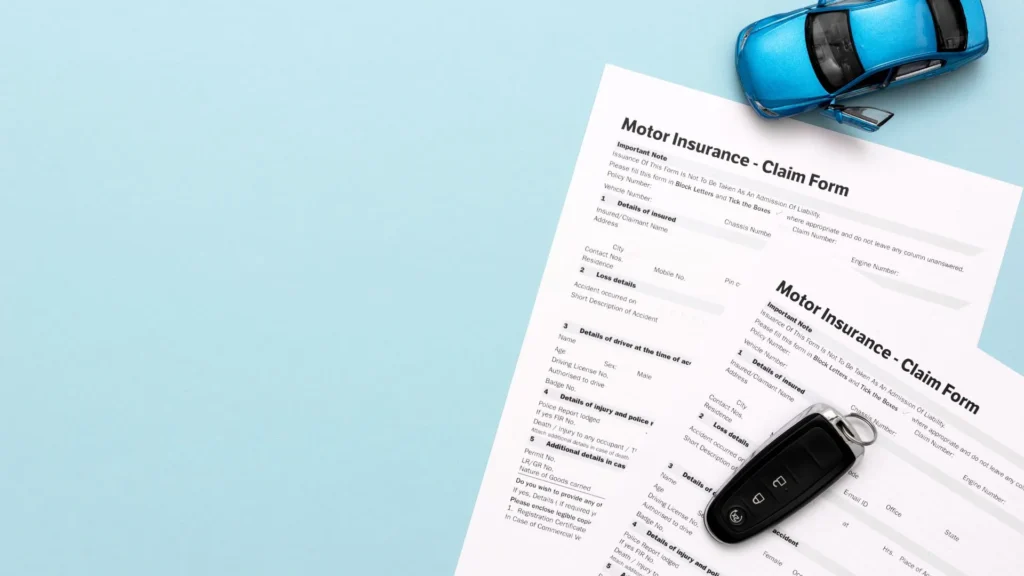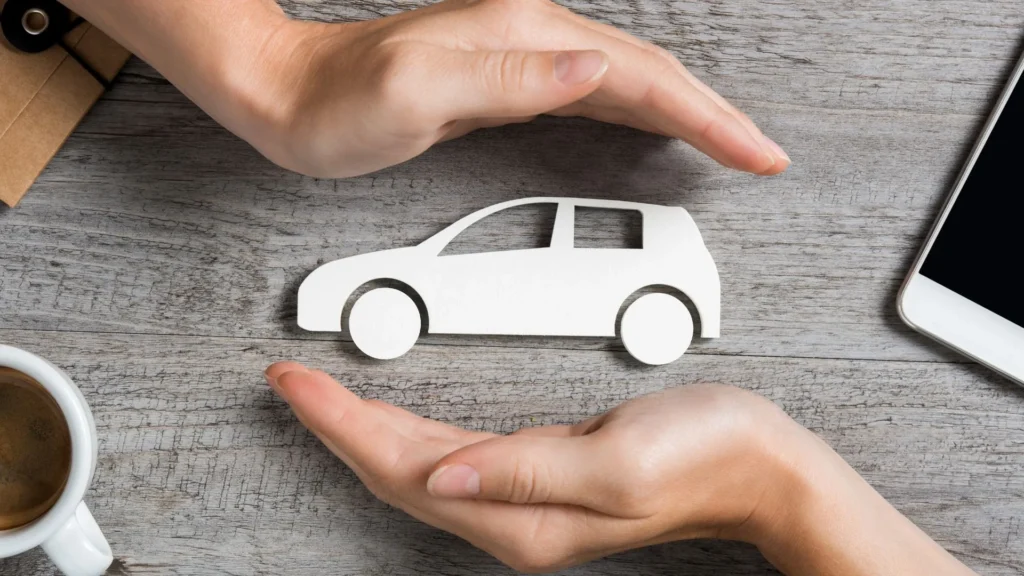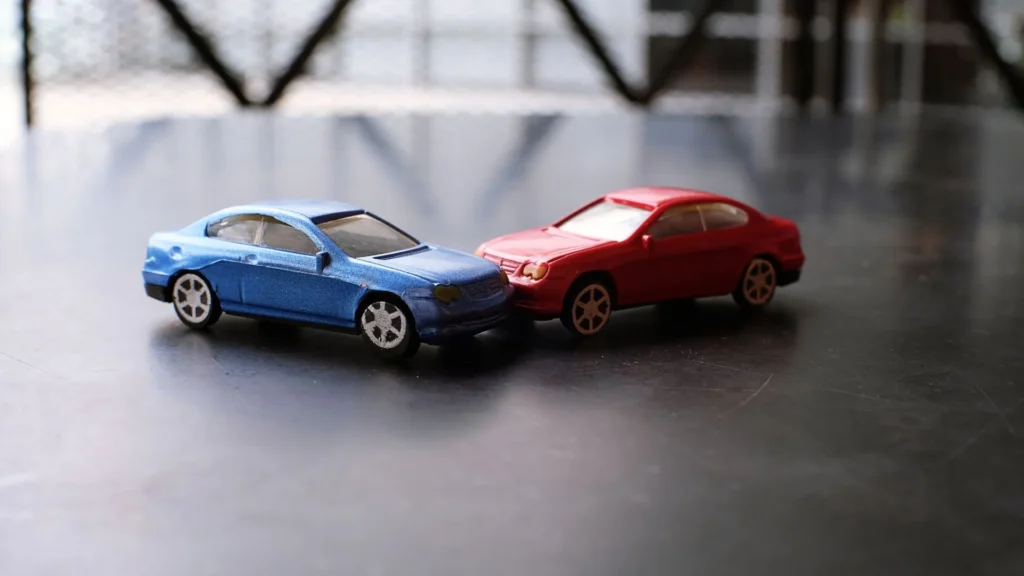Anyone who owns a car has to buy auto insurance too. However, there may be a time when you realize you don’t need car insurance anymore. In such a situation, you may qualify to get an auto insurance refund from the provider.
What Do You Need To Know About An Auto Insurance Refund?
An auto insurance refund is not uncommon and can occur for various reasons.
Whether you want to switch to public transportation, move to a different country or state that doesn’t require car insurance, or trade-in your vehicle for a motorcycle or RV, there can be any possible reason behind your decision to get an auto insurance refund.
You may also be looking to switch insurance providers because of a more affordable or comprehensive plan, or you may want to cancel your current policy.
Note that auto insurance costs vary widely depending on factors such as your age, driving record, and the type of vehicle you drive.
Therefore, it is important to get quotes from different insurance companies to compare prices. Beem can help you make the right decision as per your car insurance needs.
Whatever the reason, if you cancel your auto insurance policy before its expiration, you may also be entitled to a refund. But how does the process of getting an auto insurance refund work? How long will it take to receive your refund when you apply for one? Let’s learn more about an auto insurance refund in the blog!
Auto Insurance Refund if You Paid in Full
You are more likely to receive a refund on your insurance payment if you cancel your coverage after making an advance payment. If you paid your car insurance premium in total, there are numerous ways you can qualify for an auto insurance refund:
- Canceling your car insurance policy mid-term
- Removing coverage from a vehicle
- Changing coverage or removing a vehicle
- Moving to a lower-risk area
- Removing a high-risk driver from your plan
However, figuring out the exact amount of your insurance refund can take time and effort. Your insurance agent or any other relevant official may be able to determine your refund amount right away. Sometimes, you would receive a precise response within a few days after submitting the request.
Auto Insurance Refund If You Pay Monthly Premiums
If you pay your insurance monthly, you have less money being paid towards the future. So, a full refund is less likely; instead, a credit will lower your future payments. If you pay month-to-month, the best time to cancel your car insurance policy and get a refund on your premium is in the middle of the billing cycle.
Is There a Cancelation Fee For Auto Insurance?
Depending on your insurance provider’s policies, you may be charged a fee if you terminate your auto insurance. A good customer who has held the same policy for a long time is less likely to face a fee than someone who just signed up for the policy a few weeks ago. If you are due a refund, the fee will be subtracted from your refund amount. Check with your insurance provider about cancellation fees.
How Soon Can I Expect to Receive My Refund?
It depends on several variables. Firstly, how soon you receive your auto insurance refund depends on your reason for seeking a refund.
If the refund is due to an overcharge or billing error by your insurer, they should offer a refund as soon as the error is brought to their attention. Nevertheless, this process may take some time, depending on how quickly they can identify and fix the error.
- If the reason for the refund is canceling or changing the insurance policy mid-term, then the timing of the refund will depend on when you canceled or switched and how much time was left on your policy. Typically, insurers will prorate the amount owed based on the days left in your policy term.
- Another factor that affects when you will receive your auto insurance refund is how it is issued. Some insurers may issue refunds via check, while others may deposit them directly into your bank or credit card account if that’s how you paid for your policy.
- The traditional method of refund is by check, which is sent by mail. This may take up to two weeks to reach you. Some insurance providers return the money to your bank account id set up with EFT payments.
- In case you were paid by direct deposit, you would likely get your refund within ten business days. Get in touch with your insurance agent or representative to learn more about the status of your refund delivery.

What to Do if Your Refund Hasn’t Arrived Yet
Call your insurance company if it has already been two or more weeks and you have not received a reimbursement cheque or direct deposit. Assuming the check was not encashed by fraud, your insurance provider can put the issued check on hold and send you a new one.
If that is not so, follow up with the insurance company and note the estimated time they provide for processing the refund. If that period lapses without payment, follow up with them again. Keep a record of all correspondence with the company, including the times and dates of conversations and emails. This can be helpful if it’s time to escalate the issue after canceling the policy.
Suppose you still await a positive response after multiple follow-ups. In that case, you must speak with a supervisor or manager within the company. You can also file a complaint with your state’s insurance department.
Before performing this action, ensure you have all the required paperwork and supporting evidence to support your claim. This could include a copy of the insurance policy, emails or letters from the insurance provider, and any phone calls.
Conclusion
An auto insurance refund is frequent and can occur for several reasons. Although most auto insurance refunds are handled quickly and effectively, there are occasionally delays.
If you have yet to receive your refund or have any questions about the refund process, don’t hesitate to contact your insurer’s customer service department for assistance and pursue the matter until it’s resolved.
In case you require auto insurance in future, consider reliable platforms like Beem which provide coverage for damage to your vehicle, damage to other vehicles or property, and injuries to yourself or others.





























